Springfield Armory Saint Victor, Now In .300 BLK
This might be your new truck gun. Springfield’s Saint Victor .300 BLK Pistol…
This might be your new truck gun. Springfield’s Saint Victor .300 BLK Pistol…
Springfield Armory’s SA-35 gives today’s shooters a modern take on one of the…
Backed by the manufacturer’s experience in extensive field testing and real-world feedback from…
All shooting is a balance between speed and precision. By that I mean you can…
The Mod-Navy Qual I’ve been doing this qual (or drill, or whatever the current nom…
• Built for road trips and off-road use• Manual transmission equipped• Wrapped in MultiCam Arctic…
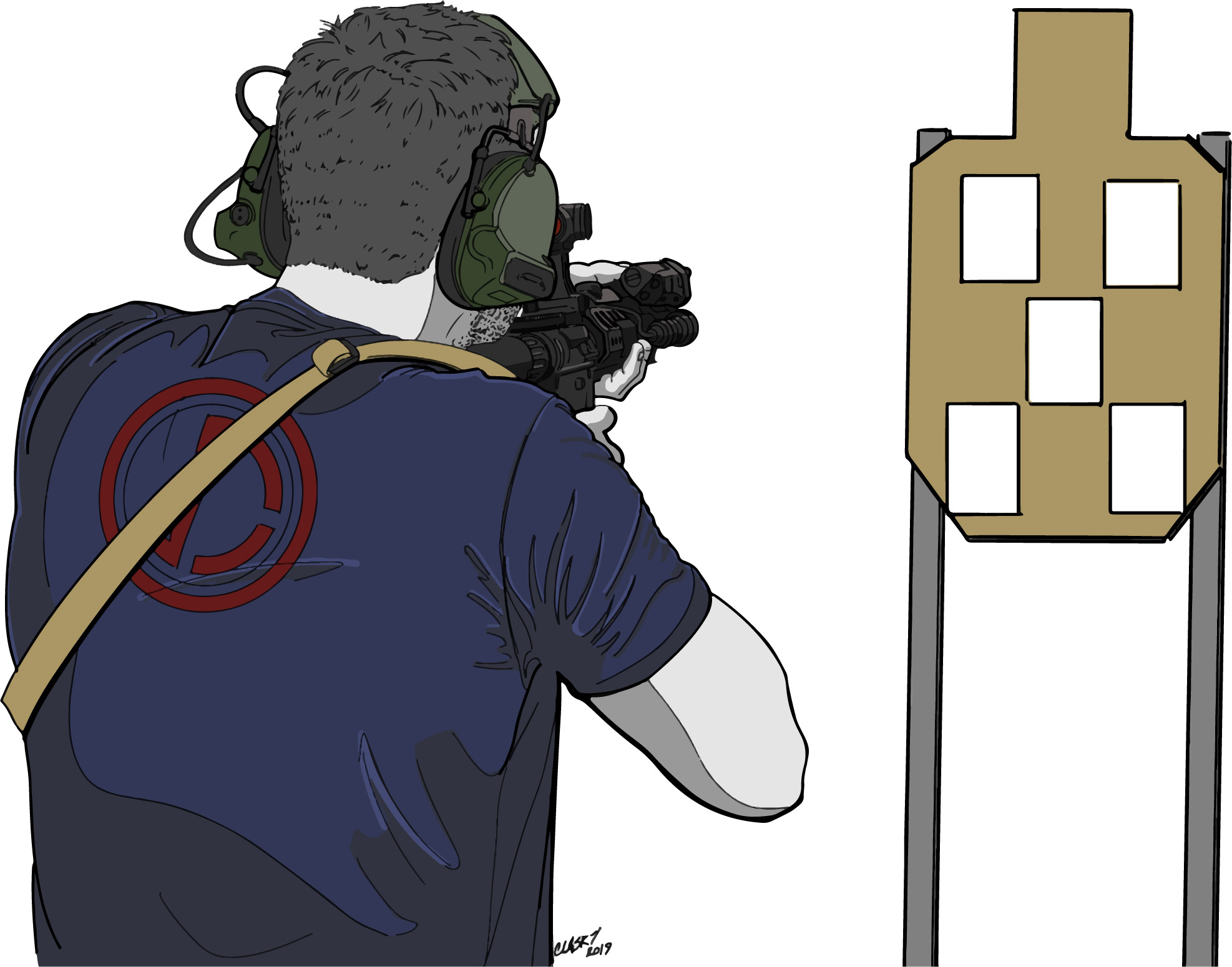
As an avid student and teacher, I use drills and exercises to isolate skills. Drills are not scenarios. They should be viewed as an exercise. Like going to the gym, you isolate certain muscles to work them out to get stronger.
One of my favorite exercises is the 5 in 5 Drill. It is an exercise that I developed to enhance and test a shooter’s skill. One of the things I look for in a drill is its way to push me mentally and physically. I want it to help develop the myelin around the central nervous system. Myelin insolates nerve cells to increase the speed at which information is transferred from cell to cell. If we can increase the myelin, then we can better develop our efficiency and consistency with how we shoot.
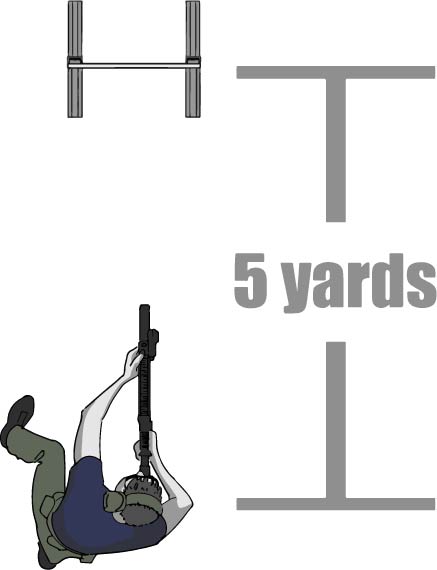
The 5 in 5 drill helps this development, which I believe is necessary for a combat or performance-based shooter. The exercise helps practice and apply presentation, trigger speed, sight recovery, holdover, recoil management, cadence and transitions all in one. All which have a contextual place in a combat or performance-based shooter.
This exercise can be used as a metric to test a shooter with different equipment and loadouts. It can also be modified to add reloads or transition to pistol. Your imagination is your only limitation. Be creative, have fun and push yourself.
About Jon Dufresne:
Jon served with 3rd Battalion, 75th Ranger Regiment, deploying multiple times in various capacities. The Ranger Battalion provided Jon with training and firsthand experience in small unit tactics, airborne operations, field medicine, breaching, foreign languages and small arms.
Upon leaving the Army, Jon worked in executive protection and acted as a law enforcement consultant, molding his military experience into a contextual view of the threats faced outside of combat environments. He comes to the firearms industry with an ideal blend of military and citizen, shaping his courses to apply to Mil, LE and citizen students alike. Learn more about Jon, his classes and his company, by visiting: kinetic-consulting.net.
Text by Jon Dufresne and illustrations by Charles Lasky
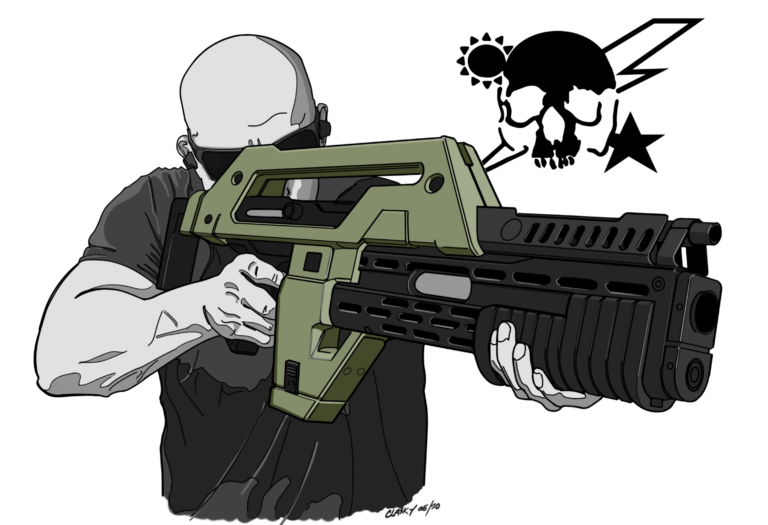
Shooting practice and performing live-fire drills are solid ways to get yourself into a rhythm, whether you’re looking for improved defensive reaction time or to cut down competition…

A foundation exercise The Compass Drill is designed to be a “balancing act” exercise intended to even out how your body and brain interface with the pistol in…
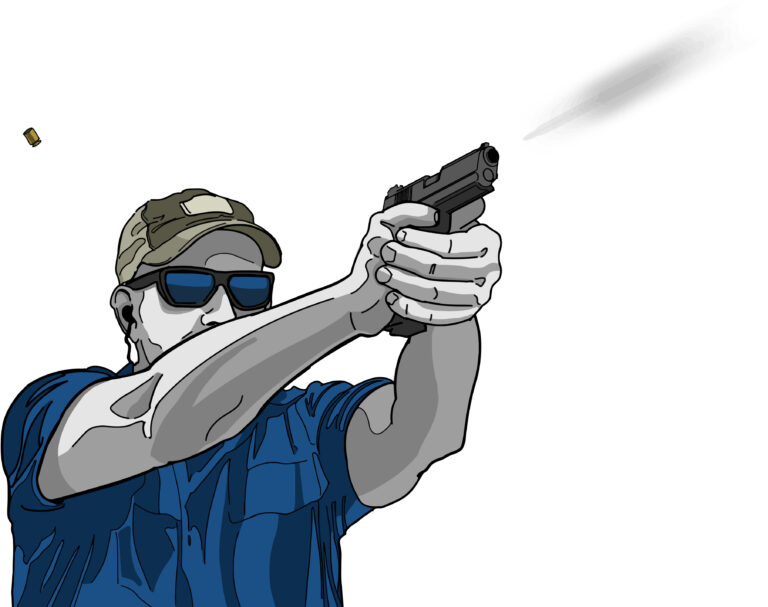
Static-position shooting is great for practicing marksmanship and its fundamentals, but those who are in the professional field understand that practicing single-position shooting is just the beginning. Shooter…
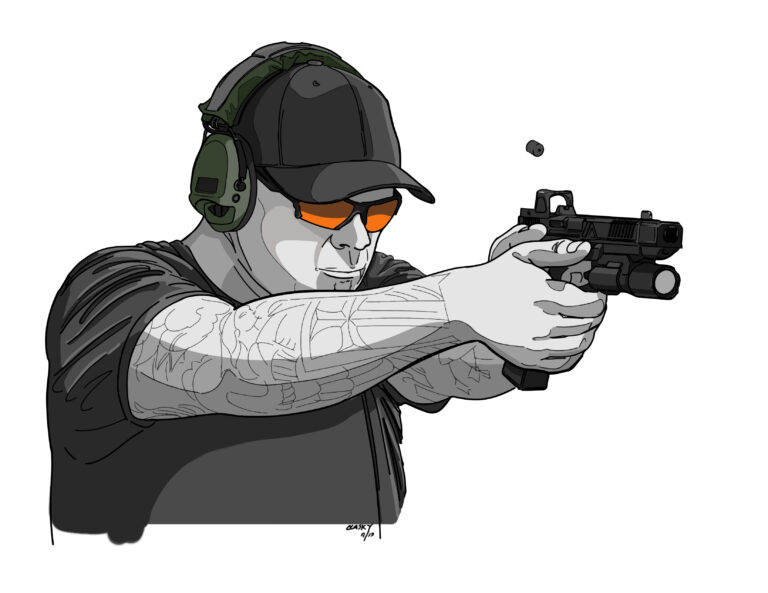
Shooting drills are an important part of formal training and an important part of practice. Whether for self-defense or competition, a drill establishes a goal, and goals are…
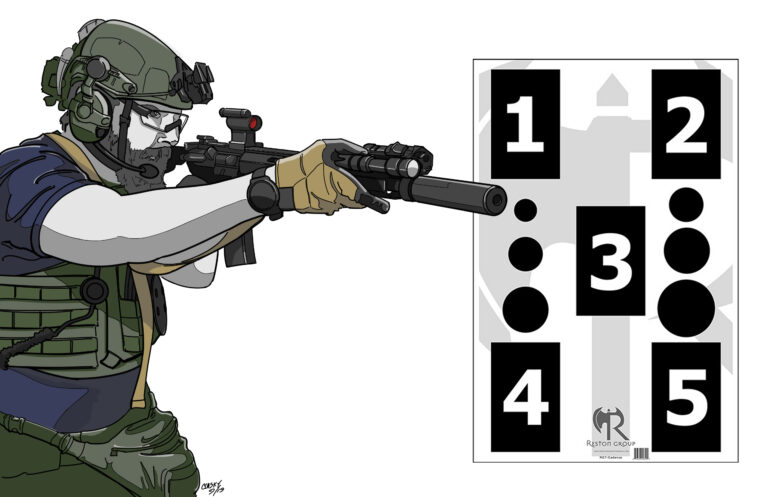
Text by Jared RestonIllustrations by Charles Lasky One of the core tenets of Reston Group has been to combine tactical training with the information gained from competition and…
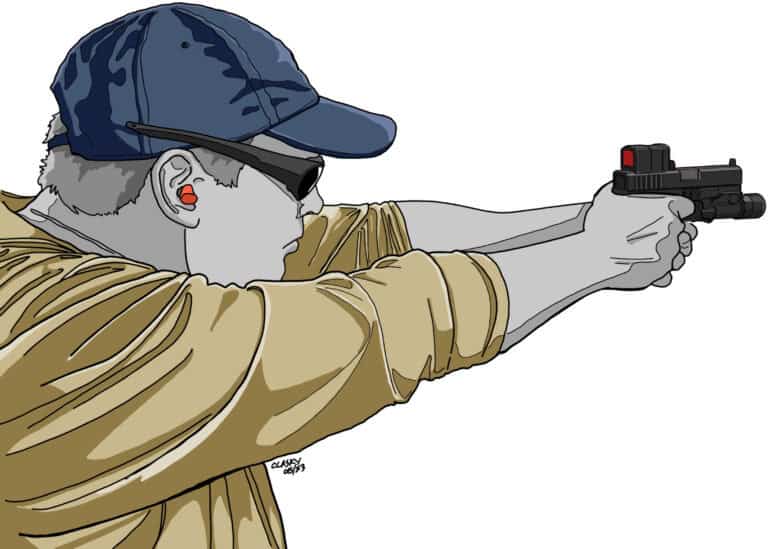
All shooting is a balance between speed and precision. By that I mean you can shoot as fast as you can or as accurately as you can, but…
© 2026 UN12 Magazine
© 2026 UN12 Magazine
Wait! Don’t forget to